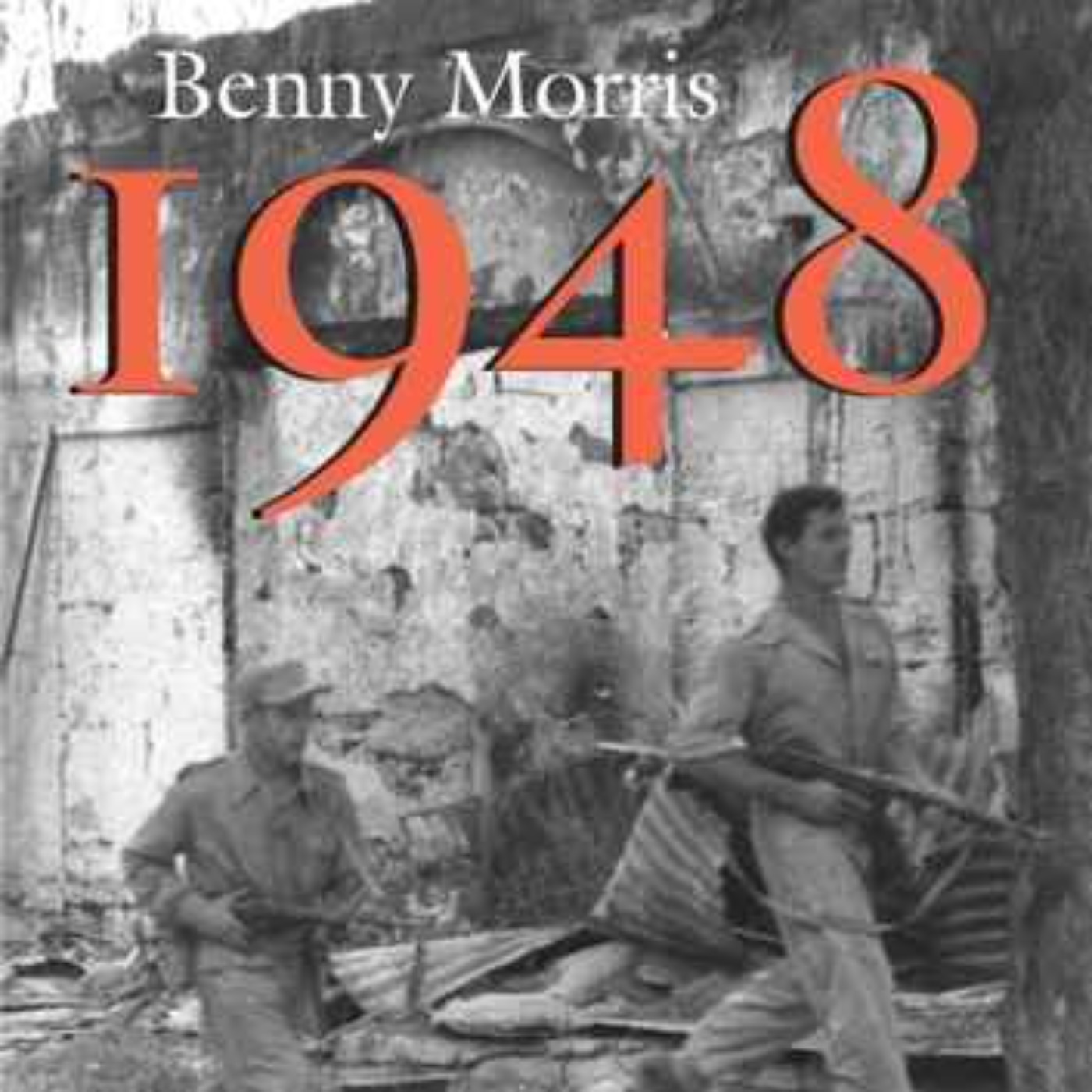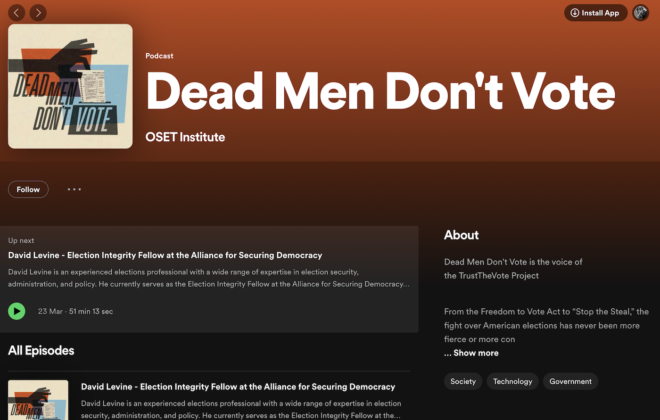
SummaryIn this thought-provoking episode of Mid Atlantic, we dive deep into the historical roots and contemporary implications of the Israel and Palestine conflict, with a special focus on the events of...
Podcast: Play in new window | Download
Summary
In this thought-provoking episode of Mid Atlantic, we dive deep into the historical roots and contemporary implications of the Israel and Palestine conflict, with a special focus on the events of 1948. Renowned Israeli historian Professor Benny Morris provides a critical examination of the conflict’s history, the Palestinian refugee problem, and the recent shocking events of October 7th. As tensions escalate in the Middle East, Morris’s insights offer a poignant reflection on the past’s impact on the present.
The episode opens with a deviation from the usual format, setting the stage for an in-depth exploration of the Israel and Palestine conflict, particularly in light of the recent conflict between Israel and Hamas. Professor Benny Morris, a critical voice in Israeli historiography, joins the conversation to shed light on the pivotal year of 1948, which he argues is essential for understanding the current situation.
Morris recounts the harrowing events of October 7th, expressing personal shock but no direct involvement. He predicts significant repercussions for Israel’s security apparatus and political landscape, including the potential downfall of Prime Minister Netanyahu’s government.
The discussion then pivots to 1948, a year marked by the creation of the State of Israel and the onset of the Palestinian refugee crisis. Morris challenges traditional narratives, presenting a nuanced view based on his extensive research. He describes the mixed causes of Palestinian displacement, including fear, Israeli military actions, and a lack of systematic expulsion.
Morris also touches on the broader Arab-Israeli conflict, the UN’s partition plan, and the subsequent Arab rejection and war. He provides specific examples of flight and expulsion from Arab towns, offering a complex picture of the events that shaped the region.
Professor Morris reflects on his personal journey as a historian and a Zionist, discussing how his research into Israeli government papers and the darker aspects of the Zionist movement affected his views. The dialogue touches on the differences between Hamas and Fatah’s stances towards Israel and the complex road towards a two-state solution that Professor Morris advocates for, despite the resistance from various factions within the region.
**Quotes from the Podcast:**
1. “The most shocking, in fact, thing that had happened to the Jewish people since the Holocaust, basically.” – Reflecting on the impact of the events of October 7th.
2. “1948, I think is the crucial year in the evolution of the Zionist-Arab conflict.” – On the significance of the year 1948 in the conflict’s history.
3. “There was no predetermined plan. There was no systematic expulsion of the Palestinians, but on the other hand, most of them fled because of Israeli conquest and fear of Israeli conquest, Israeli atrocities in the ’48 war.” – Discussing the causes of the Palestinian refugee problem.
4.”The Arab leaders had been terribly humiliated by their defeat by this cluster of 650,000 Jews, and weren’t going to be further humiliated by agreeing to peace with the 650,000 Jews.”
5.”As a Zionist, I’m agreeable to a two-state solution. I think that’s a solution which would give a modicum of justice to both peoples. The Jews would have a state, and the Palestinian Arabs would have a small state.”
Hosted on Acast. See acast.com/privacy for more information.
Related Posts
Categories
Podcasts
Engage me to work on your podcast, view my clients and endorsements here Roifield Brown podcast consultant


